
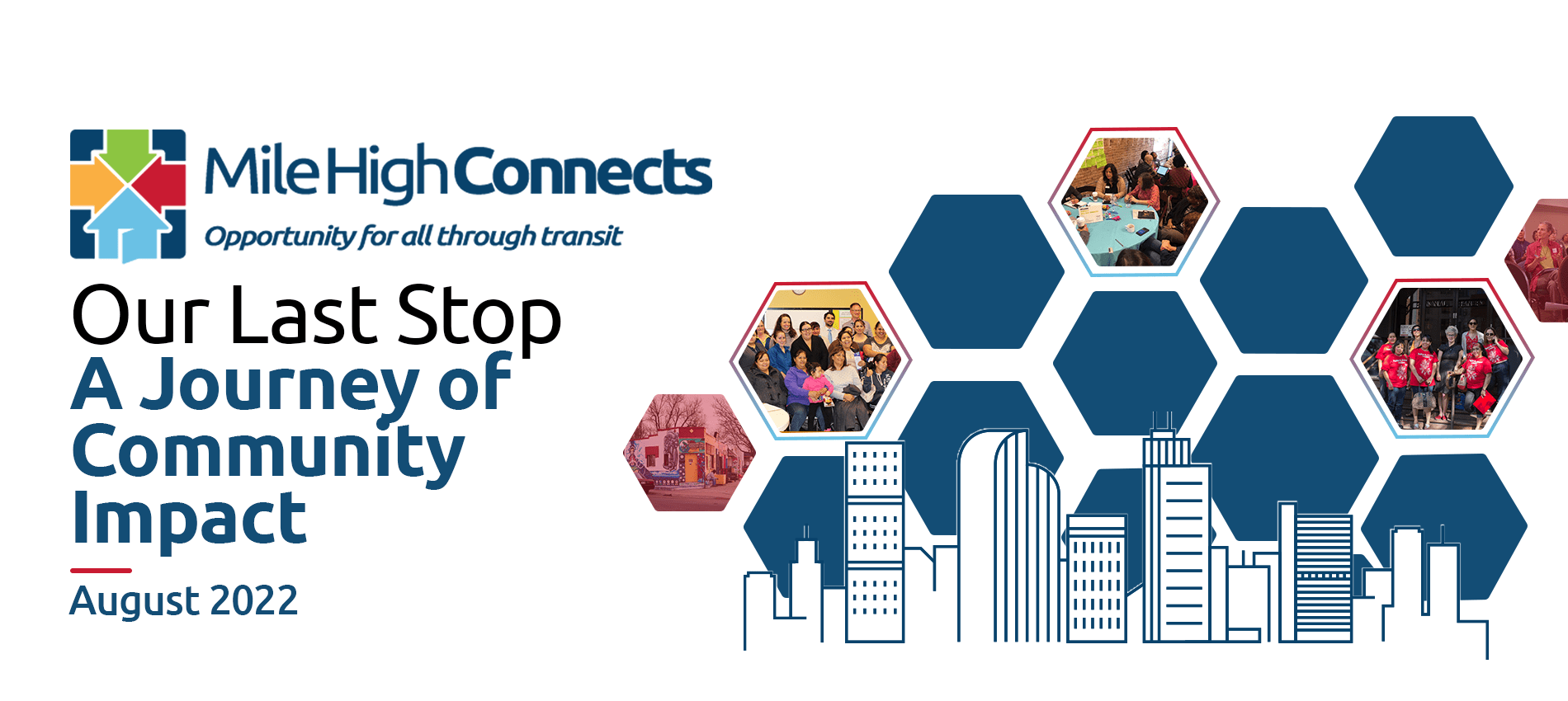
The Origins of Mile High Connects

In 2011, plans were underway to expand our region’s Regional Transit District (RTD) through nine new rail lines and two bus rapid transit (BRT) lines, adding over 150 miles of new transit lines in metro Denver.
With foresight, several community leaders and organizations gathered to develop a collaborative effort to ensure the Metro Denver regional transit system would offer all residents the opportunity for a high quality of life. And so, the Mile High Connects collaborative was launched in 2011 to take collective action on community-led and driven solutions in neighborhoods impacted by the RTD light rail expansion.
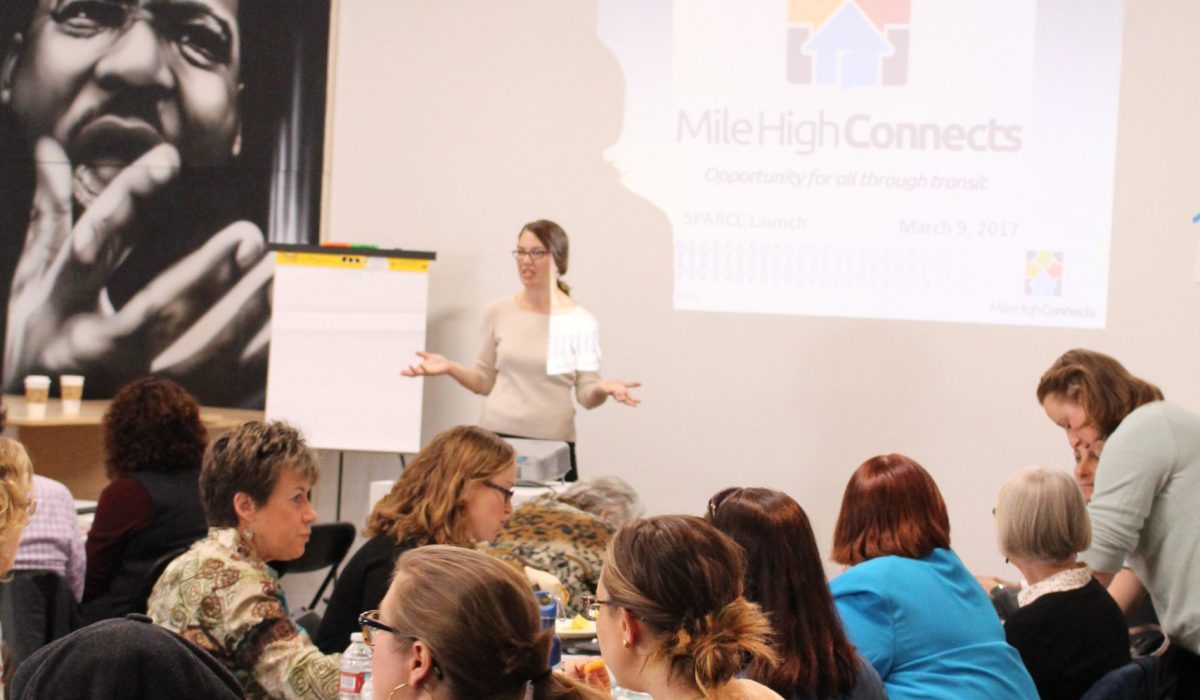
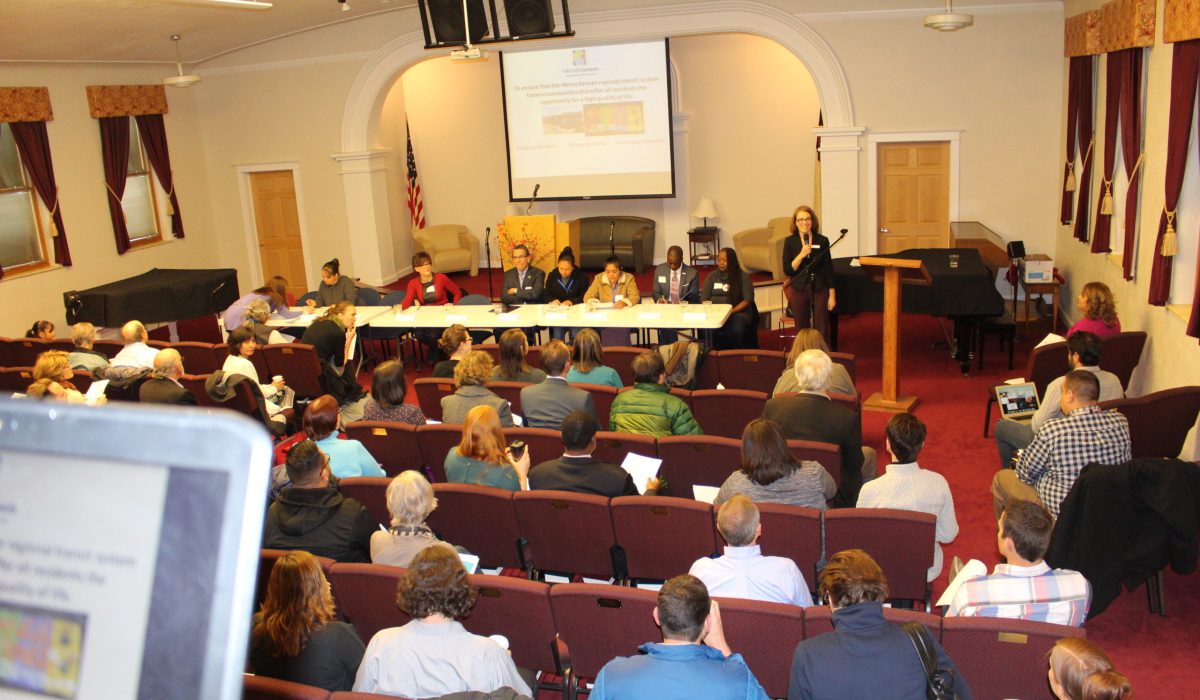
Our Collaborative's Original Goals
Increase resources to build affordable inclusive communities along transit lines
Influence policy to ensure community is centered in urban and economic planning
Increase resident engagement in neighborhoods impacted by the transit system
Leverage transit to connect folks to affordable housing jobs, schools, and services
Ensure Denver Metro’s transit system is more accessible to our disadvantaged communities

Mile High Connects
took form as a
collaborative with
vision, mission, and
values
prioritizing
systems change and
community-driven
solutions.
Vision
A racially equitable, resilient Denver region where community-driven solutions are at the center of transformative systems change.
Mission
To prioritize and increase equitable investment into community-driven solutions by advancing collective action among nonprofits, community organizers, and private and public sectors, influencing how vulnerable communities experience growth.
VALUES
- Community-driven
- Research-informed
- Innovation & risk-taking
- Interdependent collaborative
- Nimble & adaptable

MHC Leadership
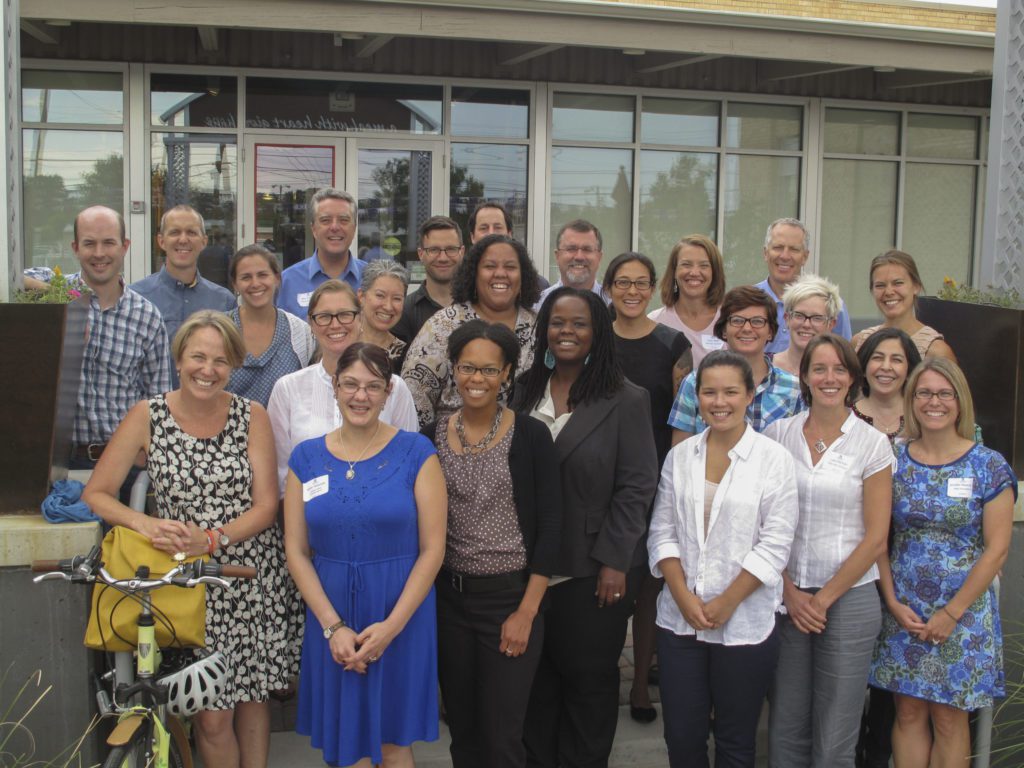
Over its ten-plus years of existence, Mile High Connects has created a wide and broad table for inclusive leadership including a Steering Committee that has included dozens of organizations and community leaders from communities throughout the metro region.
An asterisk* represents a founding collaborative member.
Colorado Cross-Disability Coalition
Colorado Housing and Finance Authority
Enterprise Community Partners*
First Bank*
Ford Foundation*
Gary Community* Investments/ Piton Foundation
Gates Family Foundation*
Kaiser Permanente*
Krystin Trustman
Low-Income Investment Fund (SPARCC)
Maiker Housing Partners
Marpessa Allen
Mi Casa Resource Center
Mile High Business Alliance
Montbello Organizing Committee
Natural Resources Defense Council (NRDC)*
Neighborhood Development Collaborative
New Belgium Family Foundation
Rose Community Foundation*
Terry Liggins
The Buck Foundation*
The Colorado Health Foundation*
The Colorado Trust
The Denver Foundation*
Together Colorado*
US Bank
United for a New Economy (formerly FRESC)*
Urban Land Conservancy*
Wells Fargo*
West Denver Renaissance Collaborative
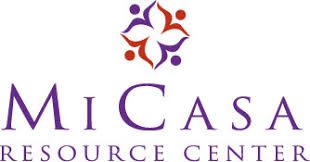


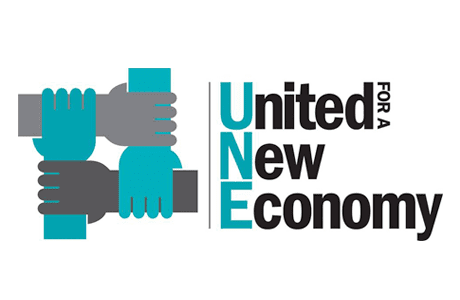



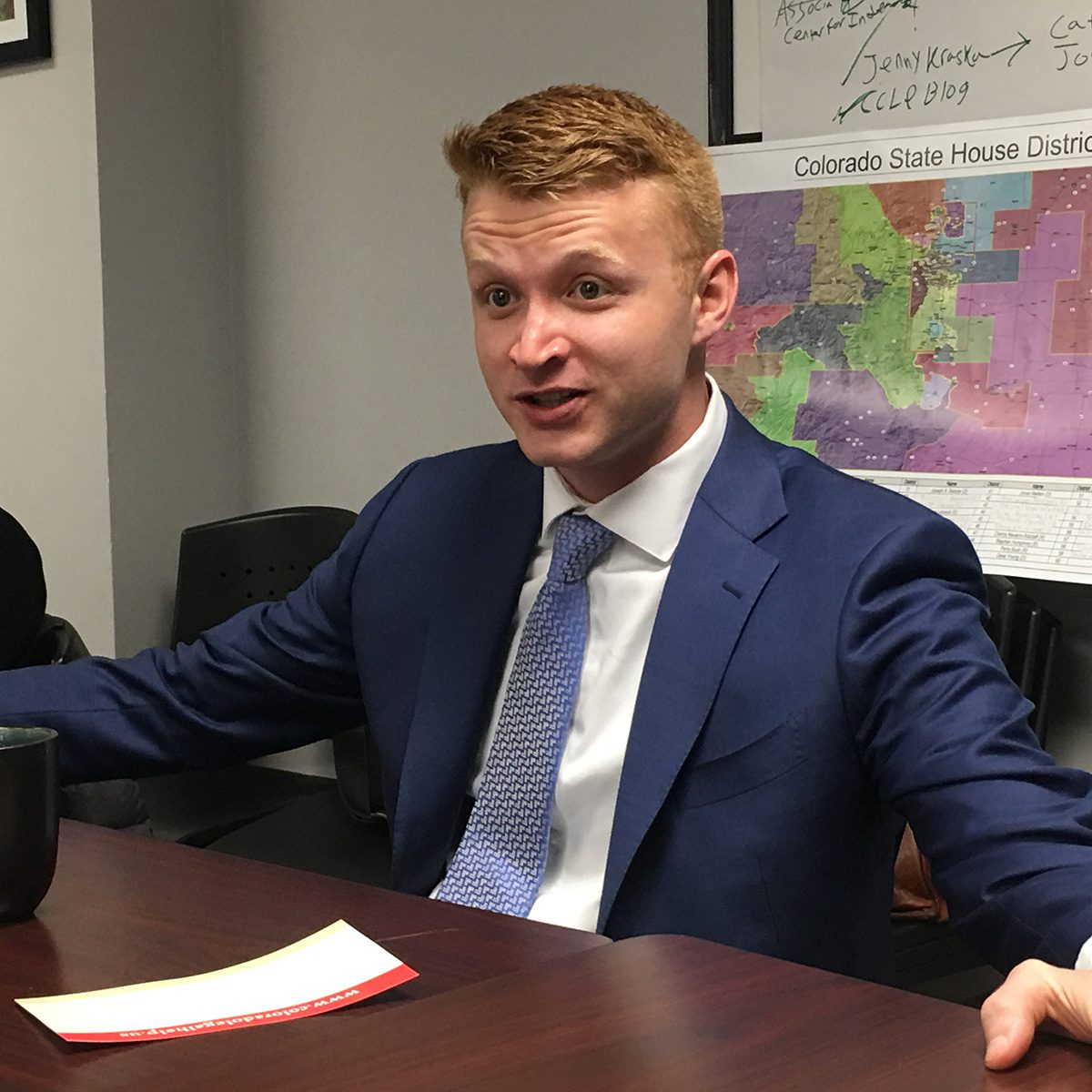
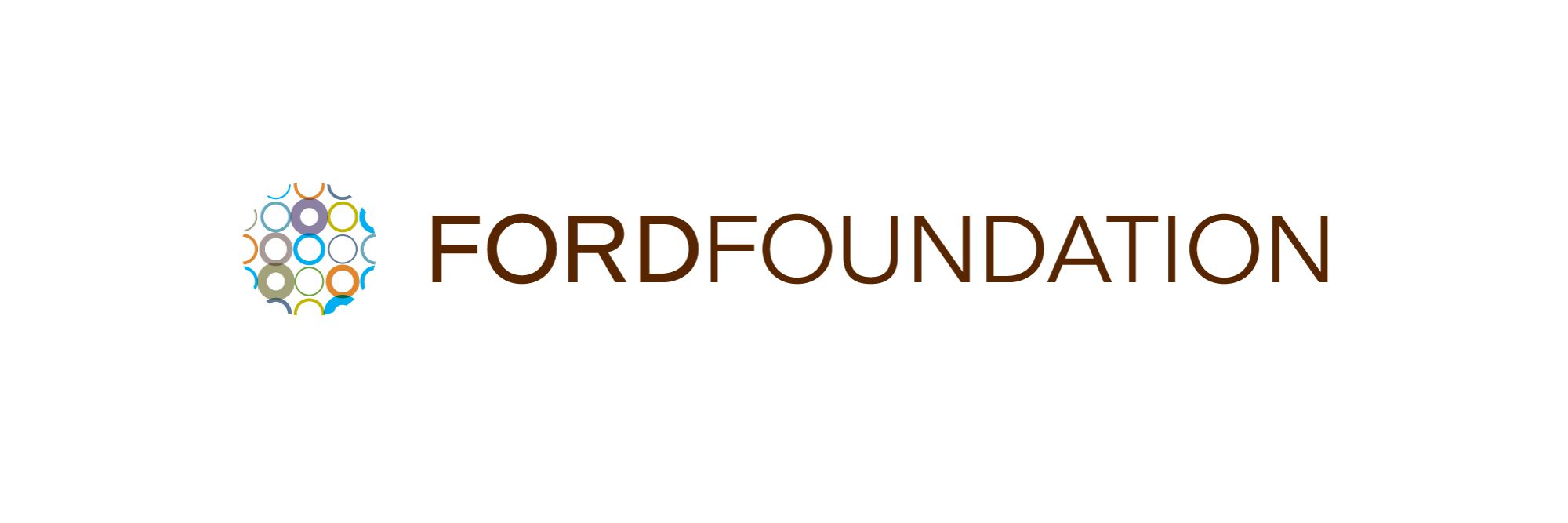

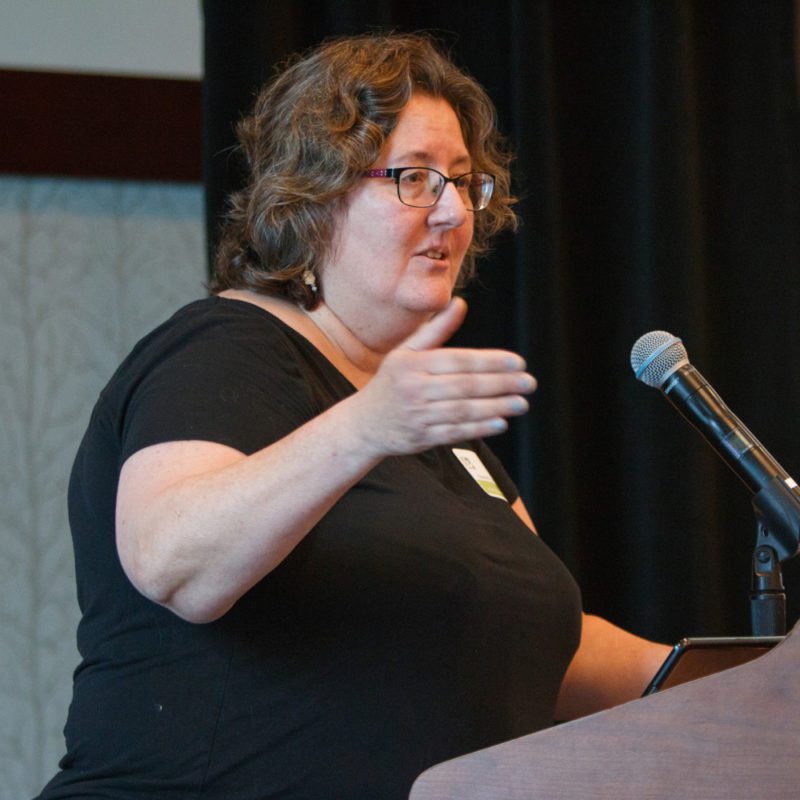
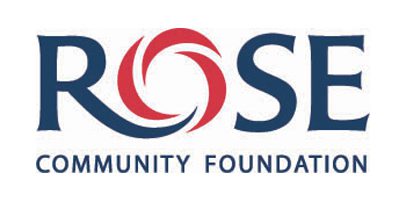
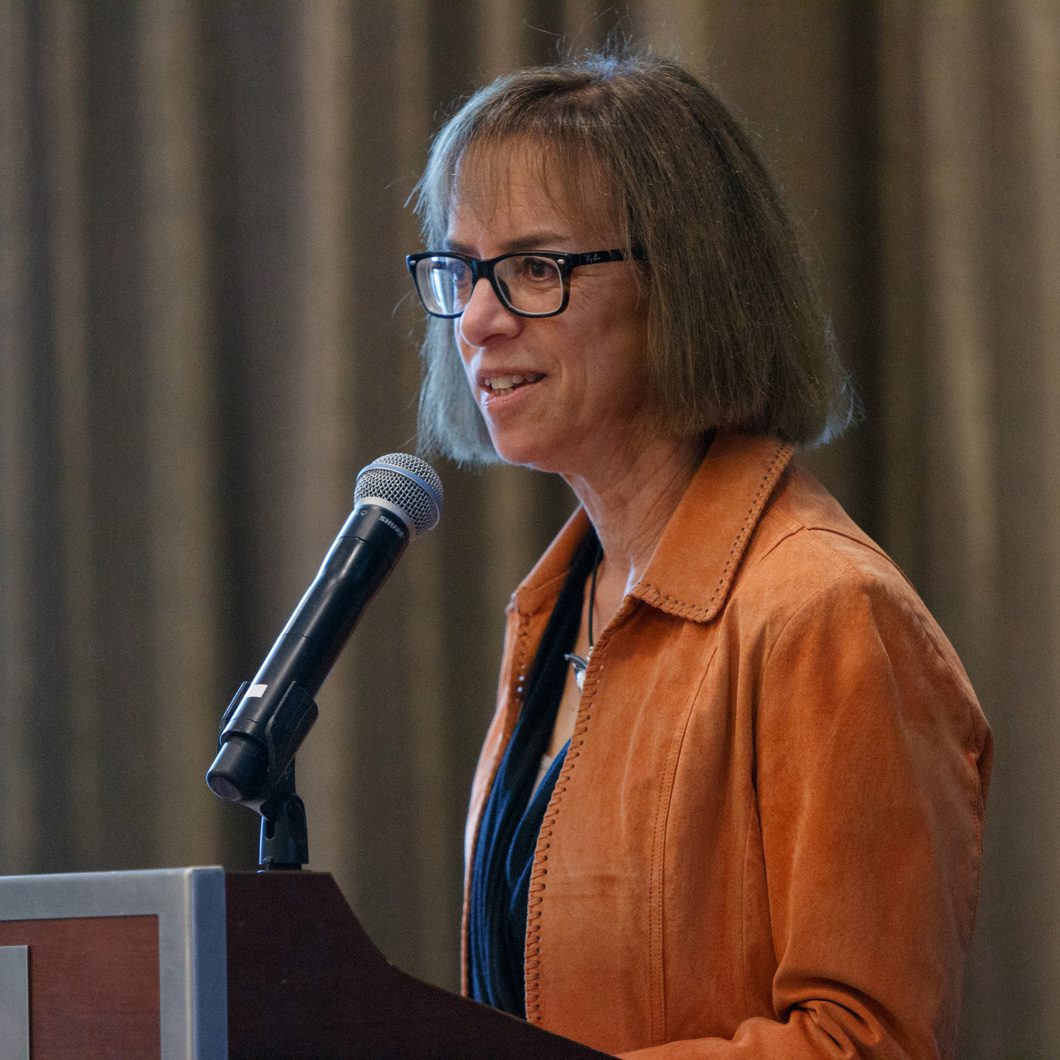
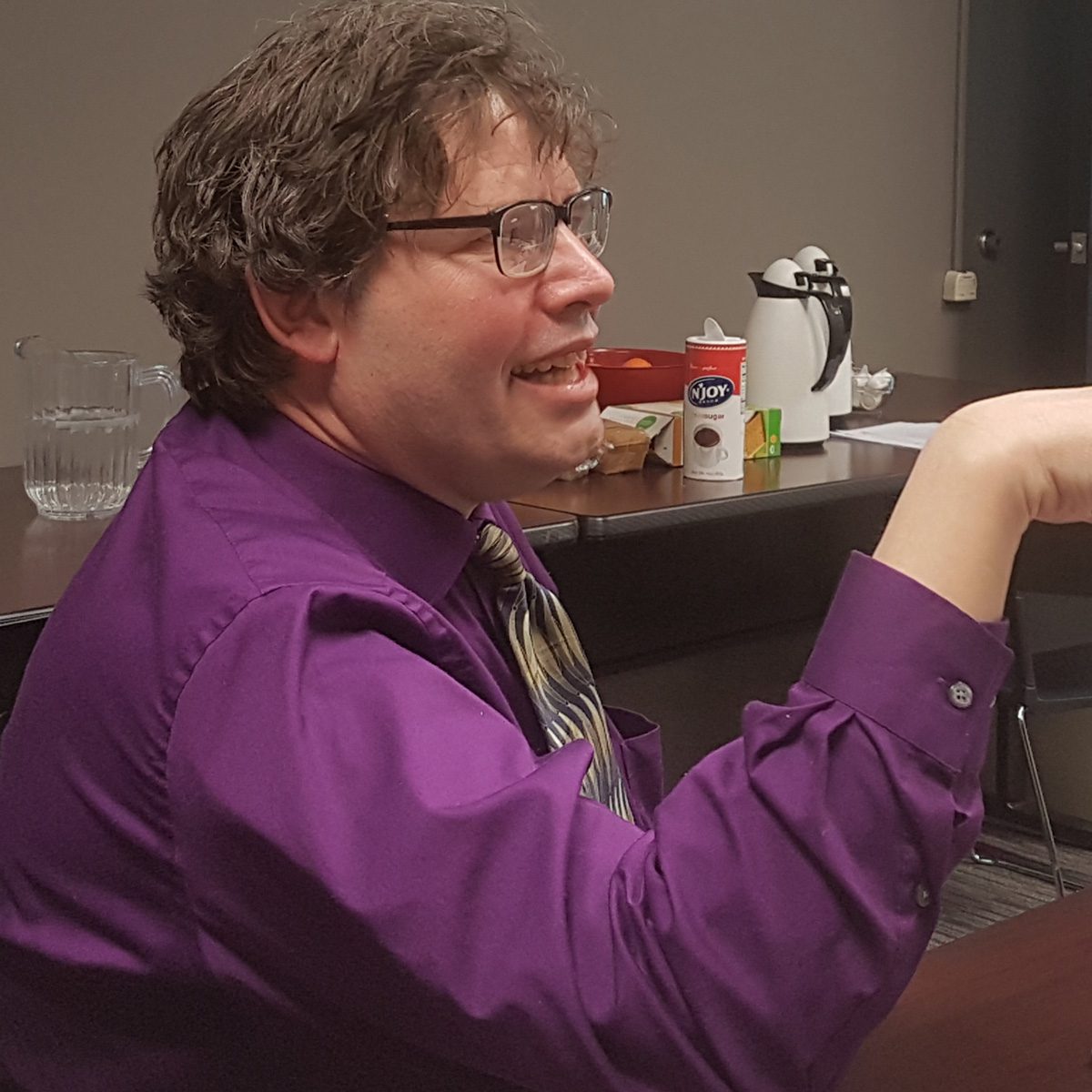
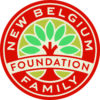



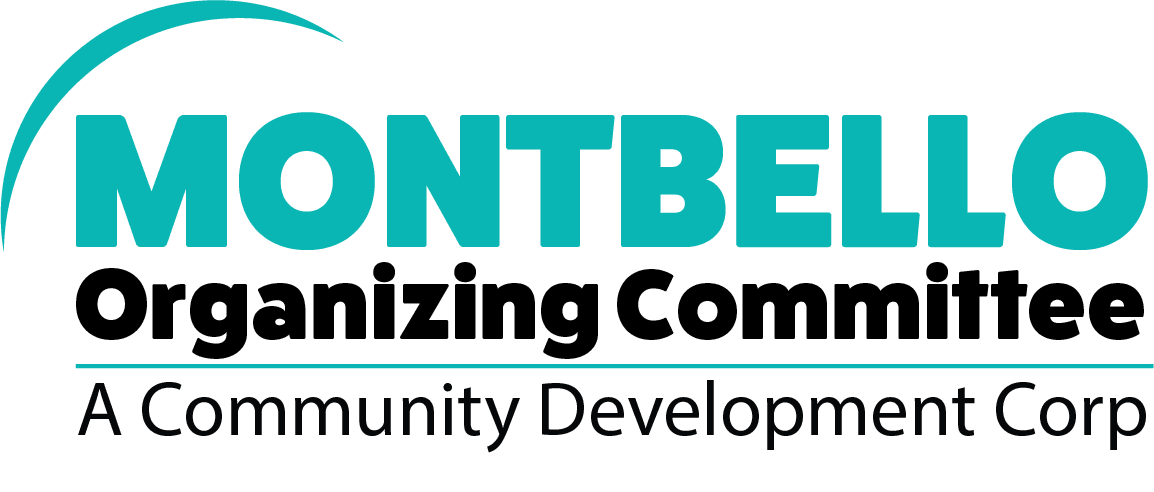





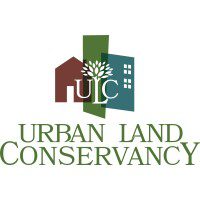

















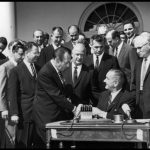


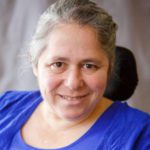

























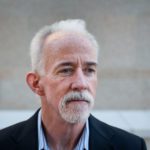

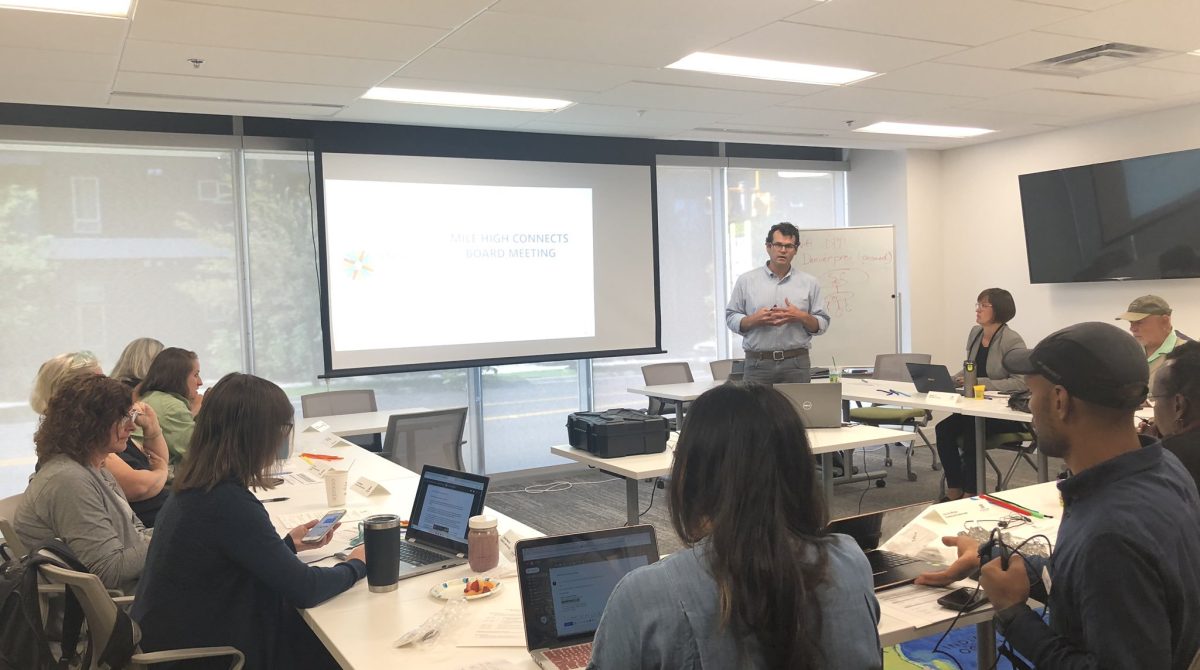
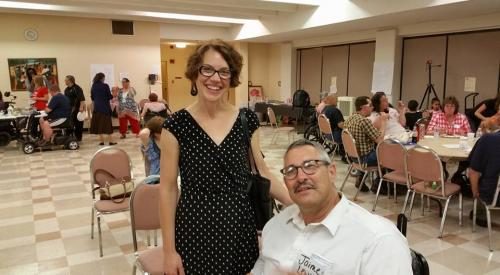
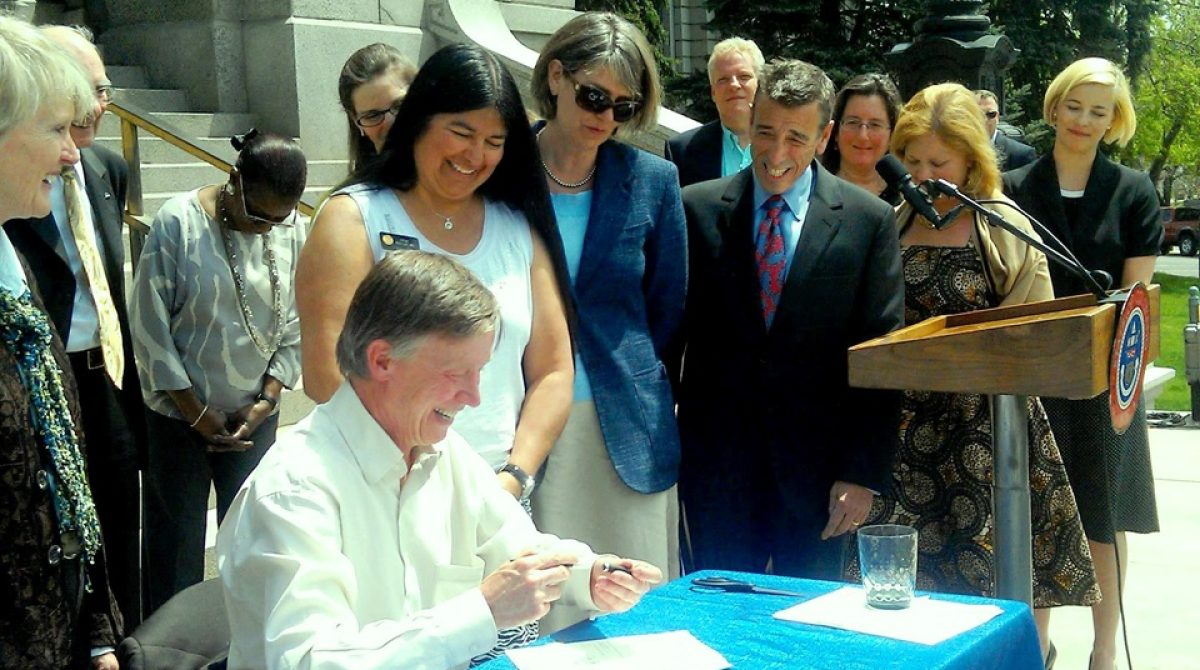
like-minded individuals could come together and learn from each other while also looking for ways to advance the conversation at a macro-level.
city and county of Denver
National Association for Latino Community Asset Builders

Grants
Since 2011,
MHC has leveraged national funding from the Ford Foundation, Convergence Innovation Fund, and the Strong Prosperous and Resilient Community Challenge (SPARCC), as well as local foundations, catalyzing over $3 million in grants to community organizations, resident leaders and coalitions to driven community change forward.
MHC GRANTEES
- 9to5 Colorado
- BuCu West
- Cha Ka Mzee
- Collectiva Creando Cambios
- Colorado Cross Disability Coalition
- Colorado Jobs With Justice
- Colorado People's Alliance
- Cultivando (formerly Community Enterprise)
- Denver Streets Partnership
- East Colfax Community Collective
- Enterprise Community Partners
- Globeville Elyria Swansea (GES) Coalition
- Growing Home
- Interfaith Alliance
- Los Gables (resident group)
- Low Income Family Empowerment (LIFE), a project of Maiker Housing Partners
- Mi Casa Resource Center
- Montbello Organizing Committee
- Neighborhood Development Collaborative
- PlaceMatters
- Project Voyce
- Redline Contemporary Art Center
- Resilient Denver
- Rights for All People
- Rocky Mountain Farmers Union
- Streetsblog Denver
- Sun Valley Kitchen
- The Fax Partnership
- United for a New Economy
- WalkDenver (now Denver Streets Partnership)
- West Denver Renaissance Collaborative
- Westwood Unidos
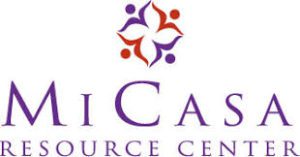

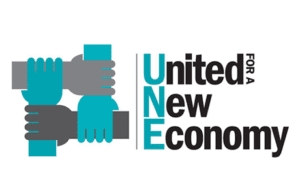

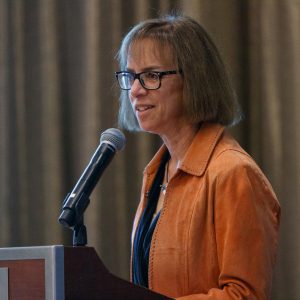




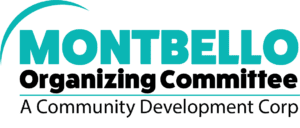








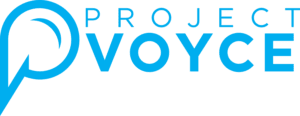
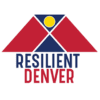








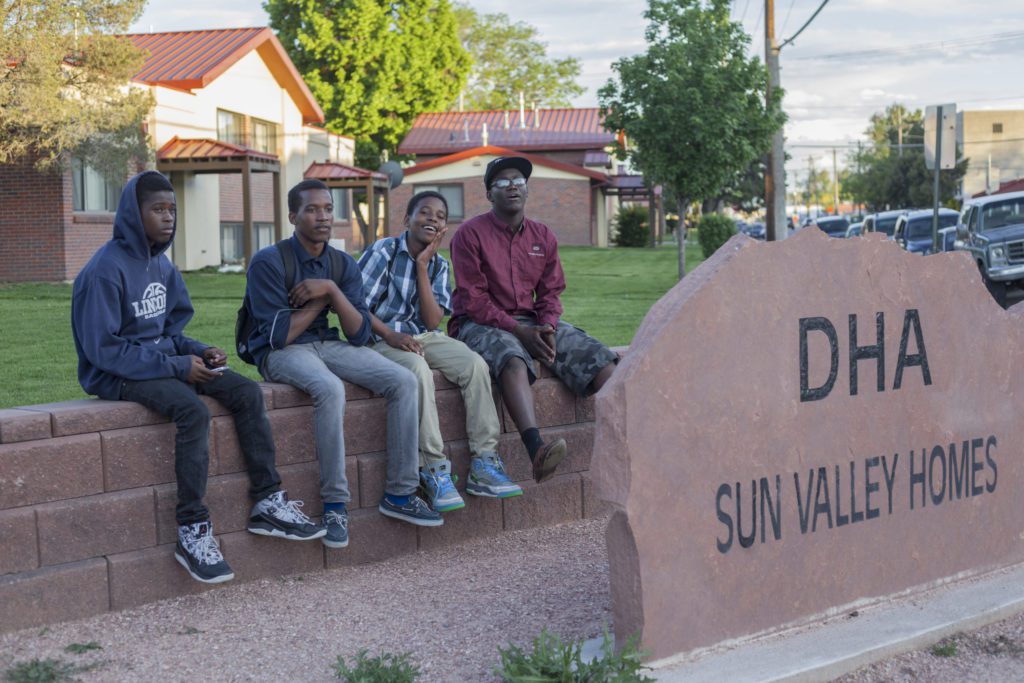
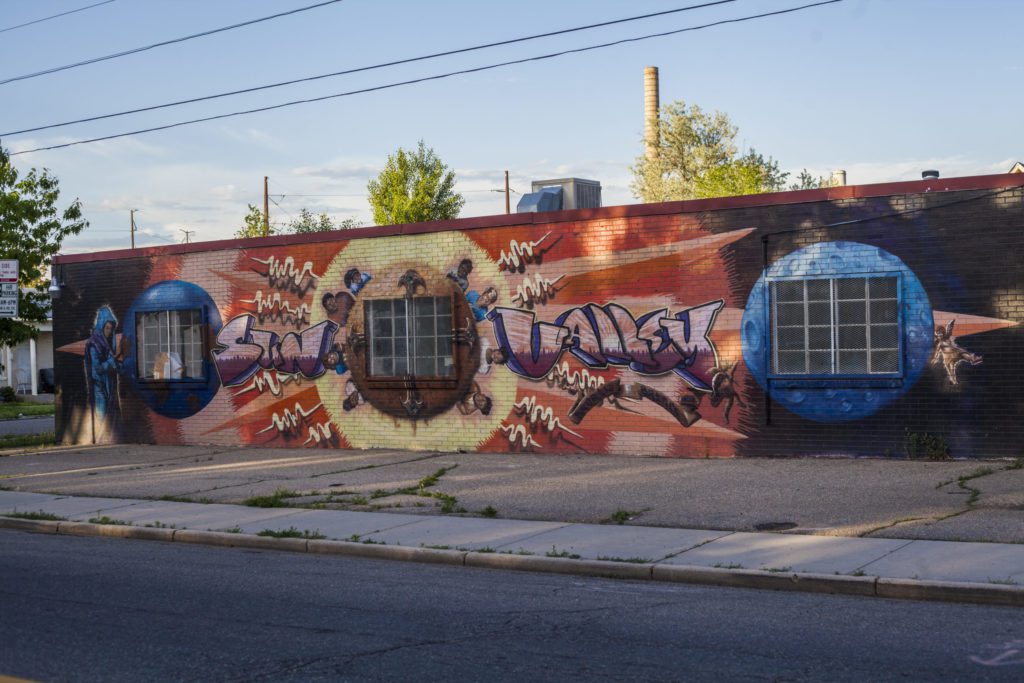
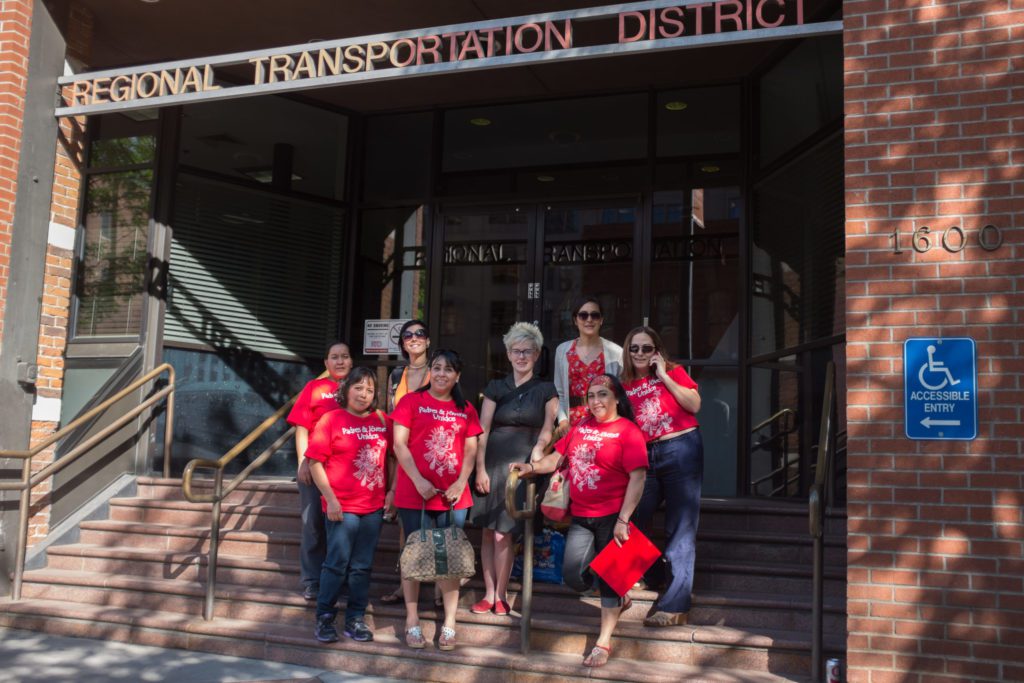
BuCU west

Issue Area Impact
Affordable Housing and Community Facilities
- Democratized data: Developed the Regional Equity Atlas to bridge community and critical data on displacement; Developed the Early Warning System database to alert the housing community about properties at risk of losing affordability; Implemented the Community Alert Database to empower & organize residents.
- Invested in the production and preservation of affordable housing: Established a comprehensive regional pipeline of over 110 transit-oriented real estate and infrastructure development projects; Advocated for passage of new resources to maximize Denver’s Housing Fund and the expansion of the Denver Regional Transit Oriented Development Fund; originated over $7 million in financing out of the Denver Regional TOD Fund, resulting in 400 affordable rental homes; Worked with CHFA to create a new permanent position dedicated to the preservation of existing affordable housing.
- Stabilized tenants’ ability to stay in place: The Access to Opportunity Platform weaved local and state policy solutions alongside development strategies. Advocates and organizers worked to ensure made in affordable housing preservation and development stayed in place by pushing for tenant protections, including:
- Advocating for increased affordable housing requirements, from 3% to 10%, at the former Westminster Mall site
- State Bill 18-010 Residential Lease Copy & Receipt
- House Bill 19-1170 Residential Tenants Health and Safety Act (Warranty of Habitability)
- House Bill 19-1118 Extending Notice to a Tenant Before Eviction
- House Bill 19-1106 Rental Application Fees
- House Bill 21-1271 Department of Local Affairs Innovative Affordable Housing
- The Transit Oriented Development Fund: A first-of-its-kind fund founded in 2010 to create and preserve affordable housing along current and future transit corridors in the City of Denver. Money for the program came from the City of Denver, the Colorado Housing and Finance Authority, and the state’s Division of Housing, along with Enterprise Community Partners, Mile High Connects, Urban Land Conservancy, and other nonprofit partners. The fund, which recently passed the $50 million mark, had a goal of handing out 20 loans to developers to build 2,000 homes by January 2022. It has exceeded these goals.
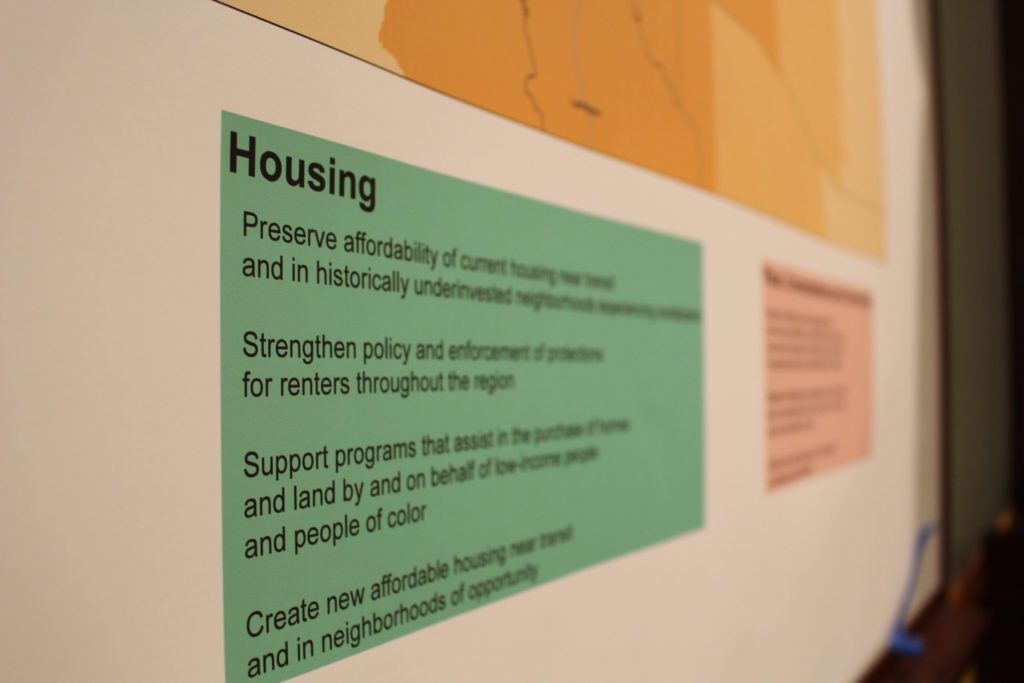
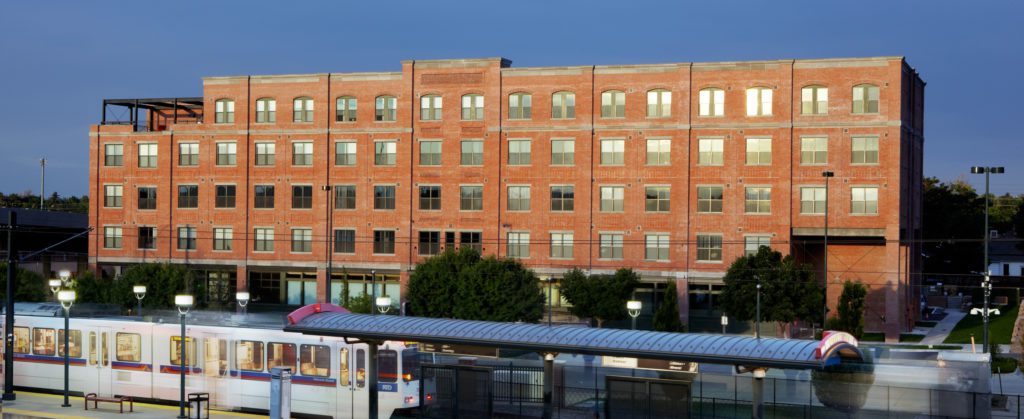

9to5 Colorado
Colorado Housing and Finance Authority (CHFA)
Enterprise Community Partners
Maiker Housing Partners
Montbello Organizing Committee
Neighborhood Development Collaborative
United for a New Economy
Urban Land Conservancy
West Denver Renaissance Collaborative
denver housing authority

Accessible Transit: Affordable Fares, Meaningful Service Routes, First and Last Mile Connections
- Affordable Transit Fares: Advocated for accessible student and low-income fare programs, resulting in reduced fare programs for youth and those who income-qualify (LIVE).
- Improving Public Transit Services: Supported state policies that removed barriers in RTD’s ability to better serve residents that rely on transit options; Influenced regional mobility planning efforts.
- Meaningful Services Route Advocacy: Successful neighborhood-driven efforts to reinstate major bus service routes in Westwood neighborhood and hold back harmful service route cuts in Montbello with the opening of a new rail line in 2016.
- Community Infrastructure Improvements: Engaged in regional and local planning efforts, supporting community and neighborhood organizing efforts in Globeville Elyria Swansea, Montbello, Westwood, and Aurora to improve bus stops and enhanced sidewalk connections.
- First and Last Mile Connections: Supported research on funding and financing mechanism, and policy barriers to implementation of first and last mile infrastructure.
9to5 Colorado
Affordable Fares Task Force
BuCu West
Colorado Cross Disability Coalition
Denver Streets Partnership
Enterprise Community Partners
FocusPoints
Mi Casa Resource Center
Montbello Organizing Committee
Natural Resources Defense Council

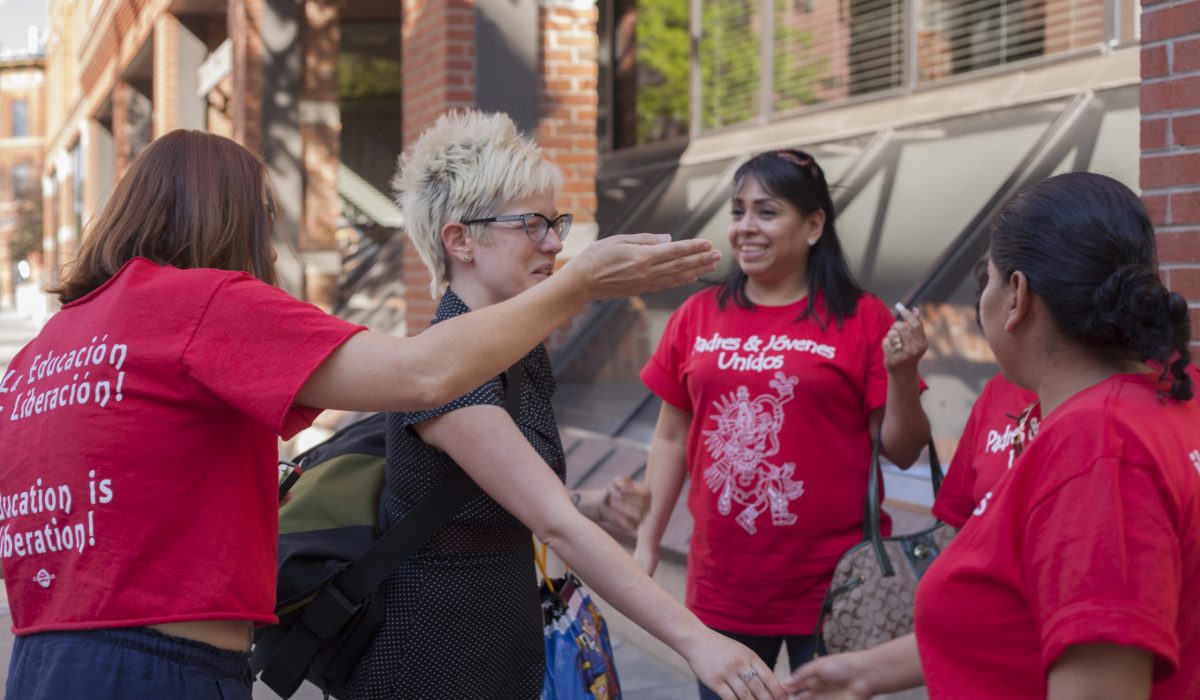
U.S. Senator Michael F. Bennet

Business, Local Workforce, and Middle Skill Jobs
- Workforce Opportunities near transit: Engaged community organizers and advocates to develop a community & small business engagement, identifying job retention and training pilot programs.
- Enhancing Construction Opportunities: Successfully advocated to expand construction training programs including Central 70 apprenticeship programs and Construction Employment Opportunities (formerly Enhanced Training Opportunity) at Denver Urban Renewal Authority (DURA). Partnered with Community College of Denver’s Workforce Initiative Now (WIN) program and Colorado Construction Institute to lead two construction workforce pilots in Sun Valley and Park Hill.
- Anchor Institutions: Assessed transit-adjacent anchor institutions (universities and medical institutions) with focus on place-based investments and strategies to hire local residents.
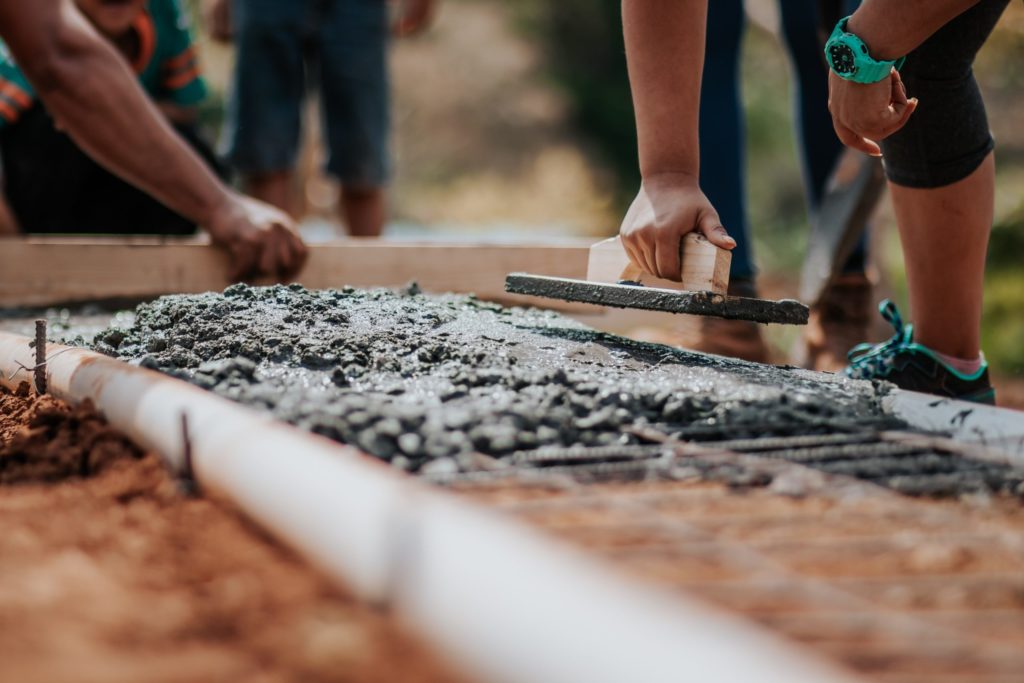
Center for Community Wealth Building
Invest Health Coalition
Mile High Business Alliance
The Denver Foundation
United for a New Economy


COVID Response
- Mobilized $30,000 in COVID relief funding to seven community leaders and organizations, including to Redline Contemporary Arts Center to kickstart a mask-making business that employed resident artists and produced hundreds of masks for bus and train operators for the Regional Transit System (RTD).
- Expanded Zoom licensing and technology to partners, and provided small tech grants to help organizations ensure digital access for community members.
- Provided critically needed protective face masks and shields to front-line transit workers by connecting the dots throughout our networks.
- Created a rapid response grant program, distributing $10,000 in free ride vouchers to help community connectors reach community residents & subsidize volunteer time.
- Supported small businesses owned by people of color or immigrants that were impacted by COVID and ineligible for relief funding, with responsive grant funding.

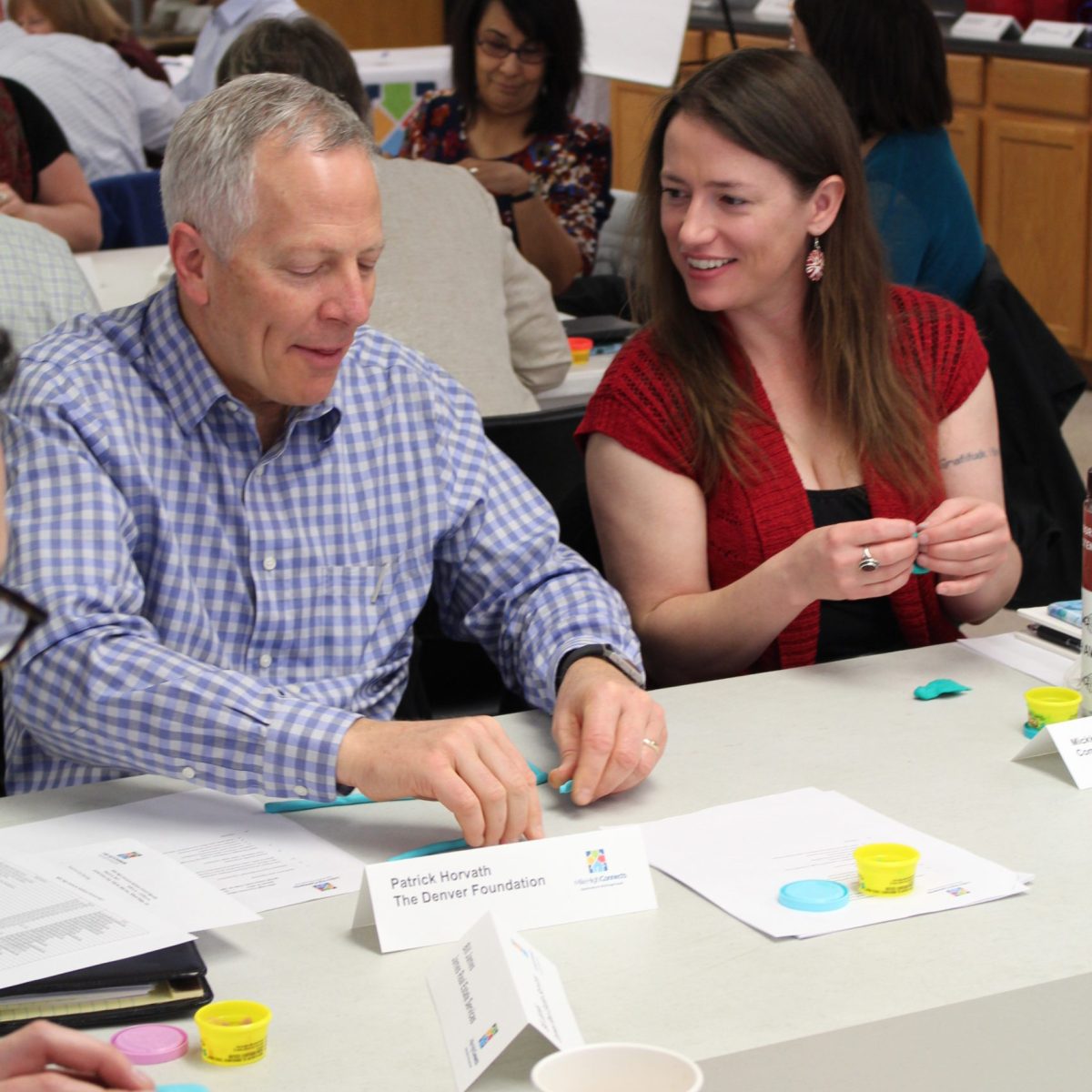
Collaboration and Community Building
- Cross-Issue Learning: Brokered conversations & focus groups across housing, transportation, education, and transportation, breaking silos to address regional issues.
- Invest Health: A year-long initiative that brought together the City of Westminster, Regis University, Tri-County Health, and Adams County to break down silos and engage local advocates to ensure voices of communities are heard.
- COVID Roundtables: Piloted bi-weekly information sessions, bringing together hundreds of table members, philanthropy, community partners, and allies to gain insight into immediate needs, sharing out best practices to engaging community safely during COVID, and identifying strategies for long term change.
- Housing & Climate Resilience: Bridged climate conversations with affordable housing advocates & partners, nominating key members to decision making tables, and giving voice to the community.
- Elevating Mobility as a Statewide Issue: Amplified work of local organizations, Denver Streets Partnership, SWEEP, and others, advocating for mobility & transit as a path towards equitable recovery.
- National Learning: Elevated Denver organizations and projects to the national level through the Strong Prosperous and Resilient Communities Challenge (SPARCC) with peer collaboratives in other cities, including the Bay Area, Chicago, and Memphis.
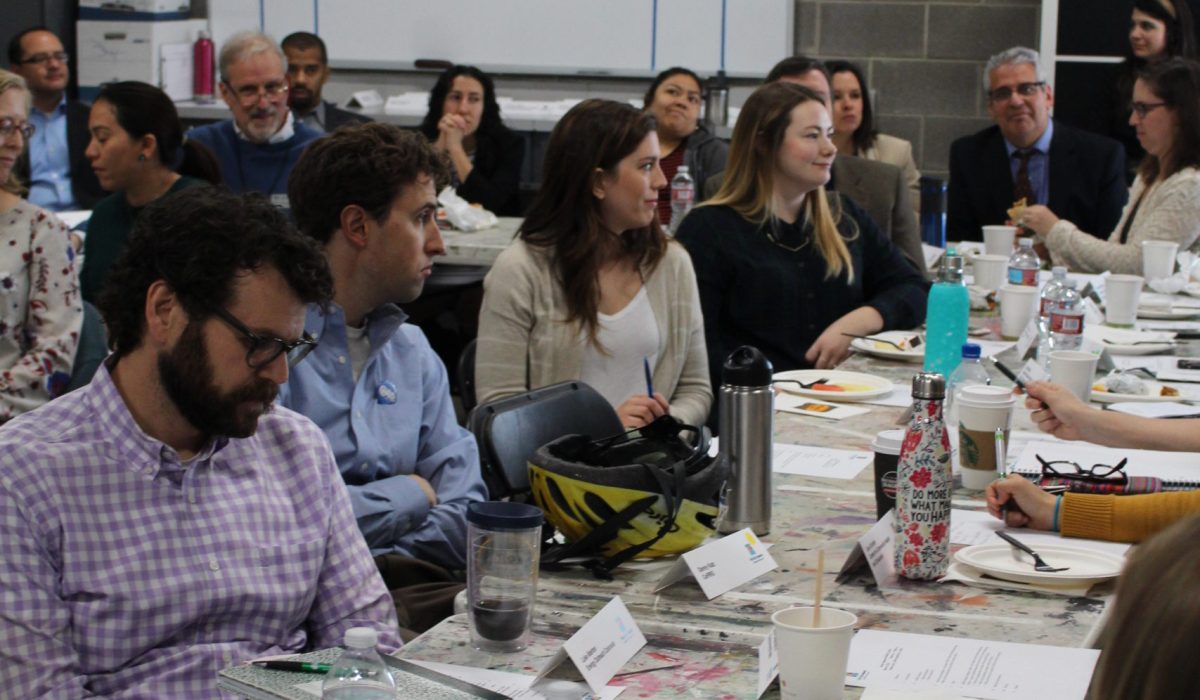
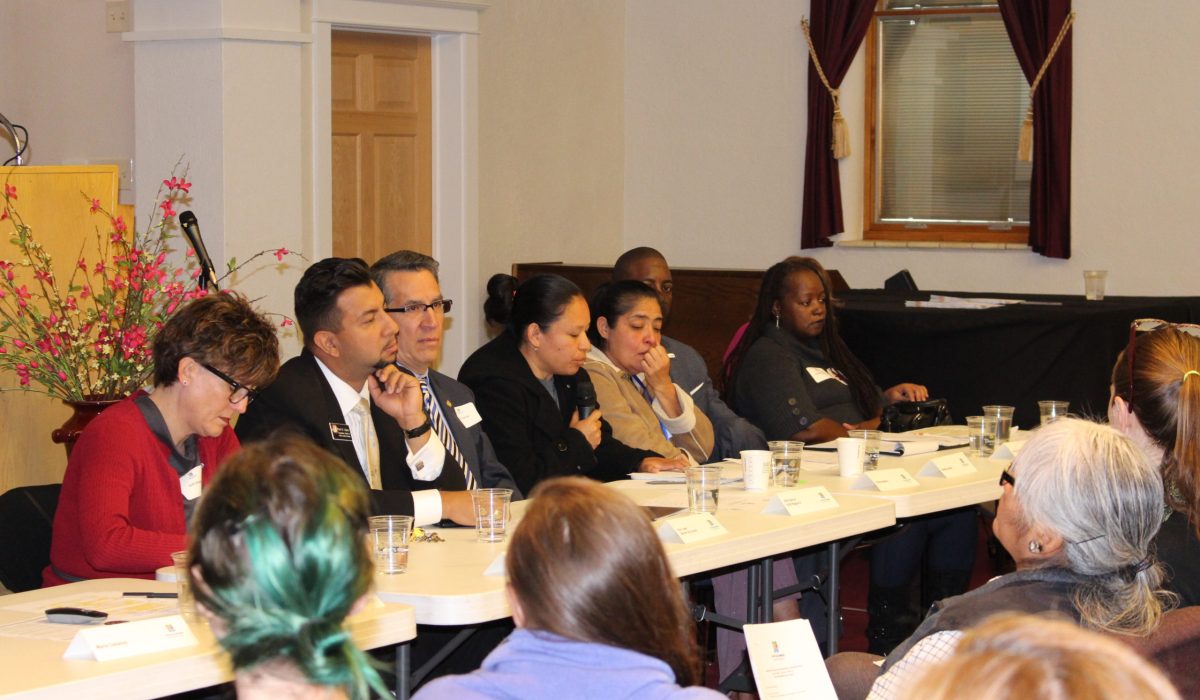
energy outreach Colorado

- 2015 Community Facility Scan, Opportunities for Community-Benefit Comercial Development at Transit in Metro
- Beyond the Yellow Bus: Promising Practices for Maximizing Access to Opportunity Through Innovations in Student Transportations
- Denver’s Regional Equity Atlas created through a partnership between Mile High Connects and the Denver Regional Council of Governments, the regional planning office, and the Piton Foundation. The Equity Atlas is a tool to raise awareness about the benefits and opportunities of a robust public transit network. Users have the ability to create maps that depict the region’s major origins and destinations in relation to the current and future transit network, and they can generate reports on demographics, economics and other regional data.
- Initiated a study of the geographic distribution of FLMC funding to underserved communities and identified methods to measure ROI.
- Invested in the homebuilders Association and Housing Colorado’s Economic Impact Study, which became a key case-making component used by the State Joint Budget Committee.
- Mobilized community organizations to build the Community Alert Database, aimed at unlocking resident power and voice.
Outreach to DIA workers by FRESC, which provided concrete data about commuting choices, patterns, and costs for airport workers across income levels. - Produced three case studies: Atlanta, Salt Lake City, and New Shared Mobility, identifying best practices and solutions to FLMC issues
- Published Construction Community Workforce Programs in Three Denver Transit-Oriented Development Communities, capturing the learning experiences of three place-based TOD projects that generated employment and training opportunities for local residents and expanded the pipeline of qualified workers to met industry workforce demands.
- Released First and Last Mile: Funding Needs and Priorities for Connecting People to Transit
- “A Survey of Workers at Denver International Airport,” FRESC + Mile High Connects
- “Left at the Station, A Civil Rights Perspective on Transit Justice” in the Front Range, January 14
- “Preserving Affordable Housing in Denver, Recommendations to Strengthen the City Ordinance and Create an Institutionalized Commitment to Preservation,” National Housing Trust & Mile High Connects.
- “Sun Valley Business Outreach & Support,” Mile High Business Alliance, December.
- Over 1500 residents and businesses surveyed & engaged across the Denver region through MHC’s history.

Community Outcomes
West Denver
- Route 4 Bus-Line Reinstated Since then, the route has been a big success for folks along Morrison Road; ridership numbers have justified the need for this route in the Westwood community.
- Safe walkways were prioritized when the Westwood Unidos Safety Action Team and Extreme Community Makeover organized over 300 volunteers from Westwood and surrounding communities to pick up trash and clean graffiti during “Go Westwood!” Their project created a safe walkway along eight alleys that connect Federal Boulevard and local schools.
- Cultural Corridors prioritized with key recommendations identified for preserving neighborhoods and small businesses ahead of General Obligation (GO) Bond investments.
- Redefined community wealth as West Denver Renaissance Collaborative (WDRC) & Radian completed a white paper on ADUs, used to refine storytelling and narrative shifts.
- Capital shifted to community projects as BuCu West Development Association accessed national SPARCC technical, capital, and strategy development resources and support in West Denver. The projects included the conversion of an old bottling plant into a business incubator and community small business spaces.
- Amplified equity into the West Area Neighborhood Planning Initiative (WANPI) process through the West Denver Renaissance Collaborative (WDRC).
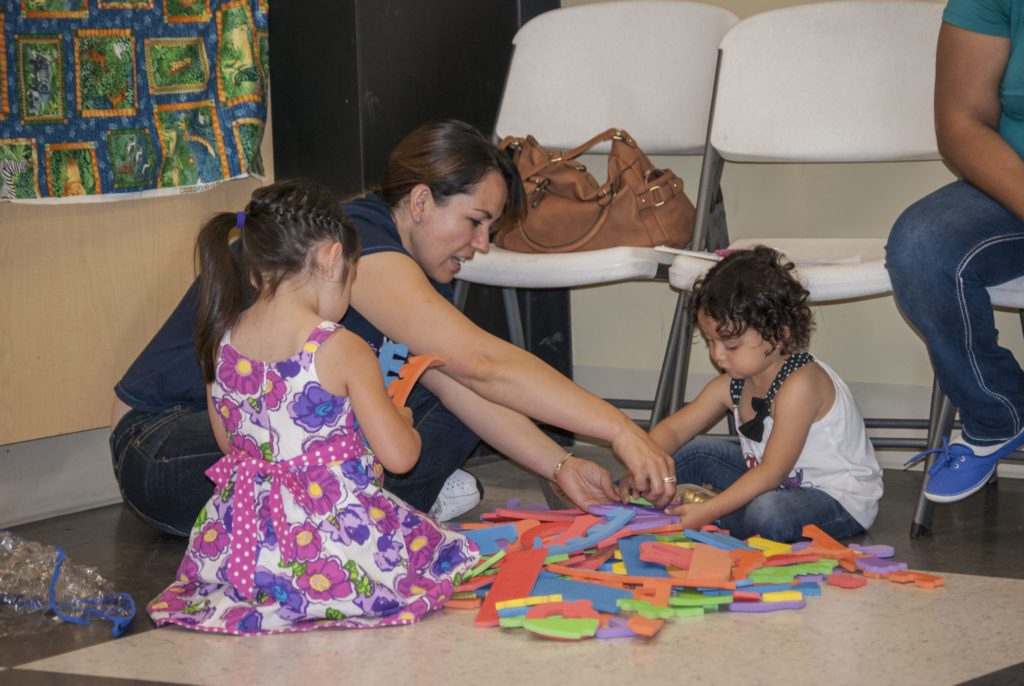
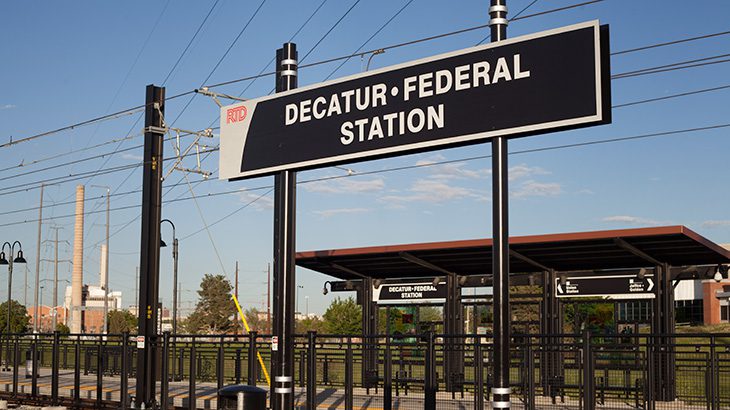

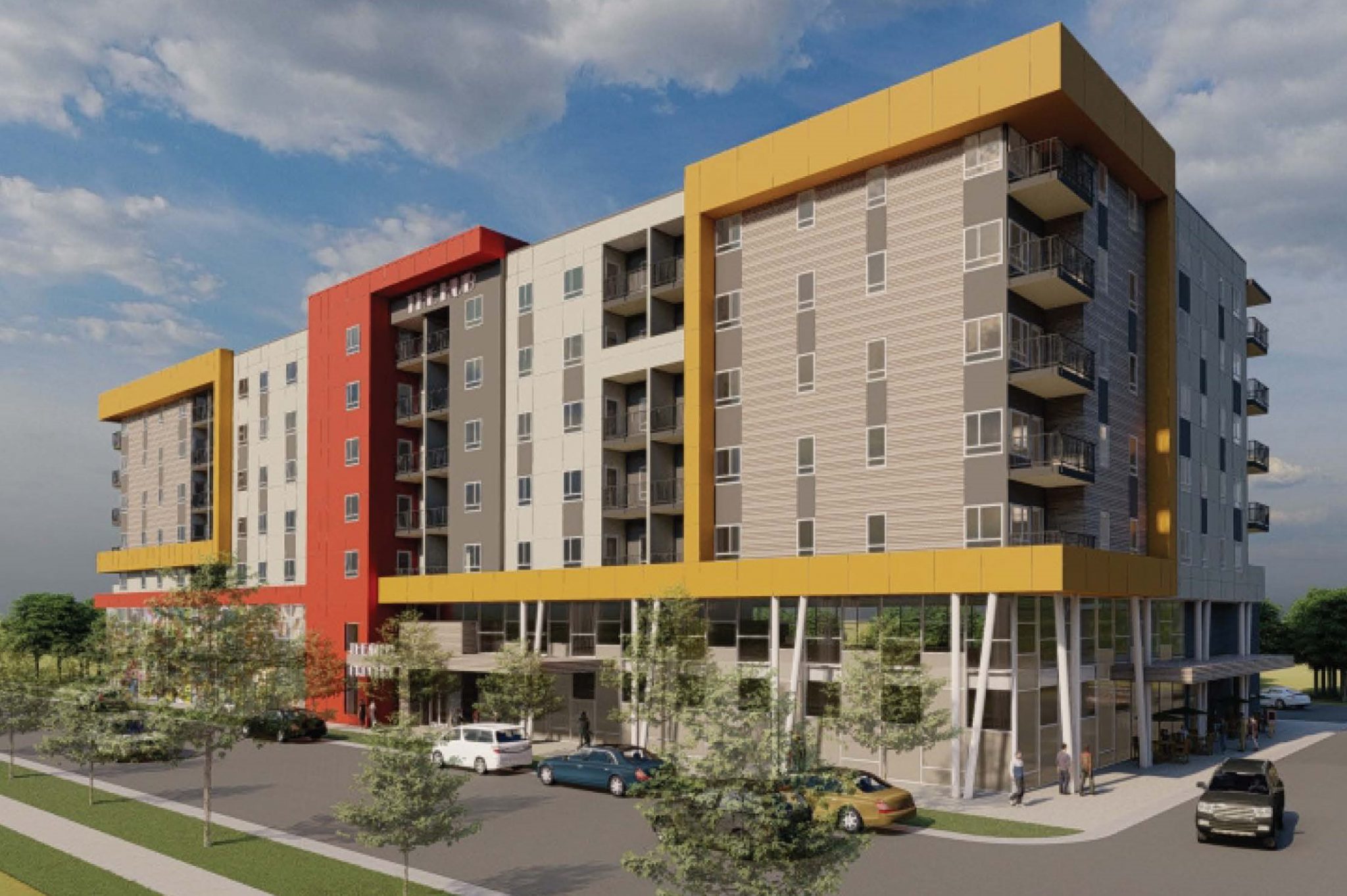
Far Northeast Denver
- Amplified Investment in Community Projects: With SPARCC resources, MHC was able to provide Montbello Organizing Committee with a $45k technical assistance grant to support the predevelopment stage of the Montbello FreshLo Initiative. This early investment enabled Montbello Organizing Committee (MOC) to secure $7.2 M in grants and $2.3M in PRI commitments toward it’s FreshLo Development.
- Engaged Community: MOC/FreshLo conducted deep outreach into the community to identify programming and opportunities.
- Leveraged national technical assistance through SPARCC to provide MHC and SPARCC also provided guidance and support. The Montbello FreshLo Initiative is community ownership in action.

Southwest Adams County/Westminster
- Introduced a culture of collaboration between community organizations and institutions, hosting five conversations on ways to unite and find energy in connected work.
- Built foundation for community leadership through Growing Home’s start-up committee to inform and develop the Community Organizing & Training Institute; focused on community dynamics with emerging advocacy issues identified including language access, food access, and transit.
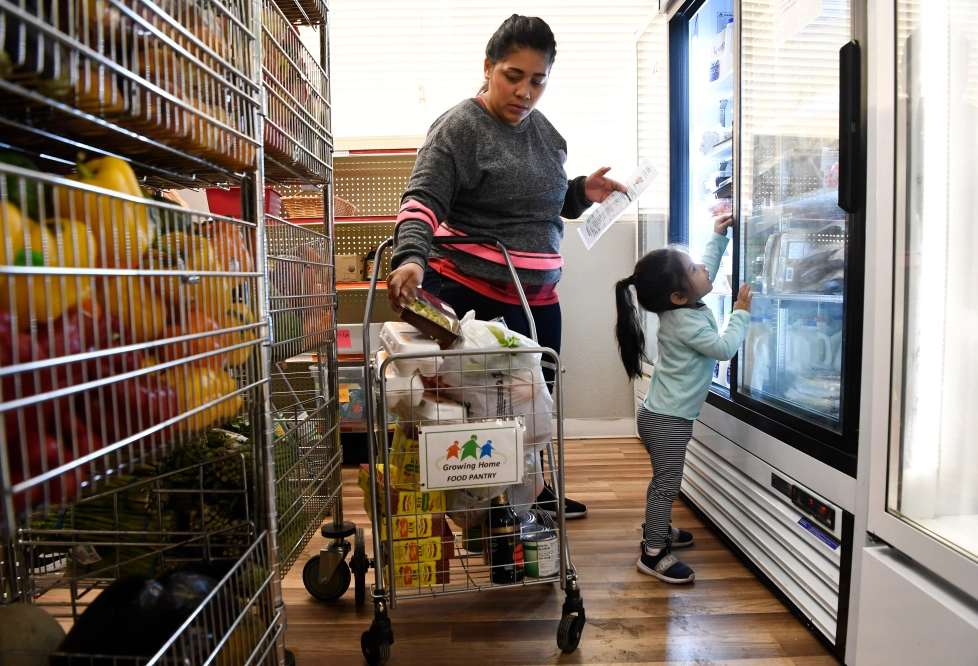

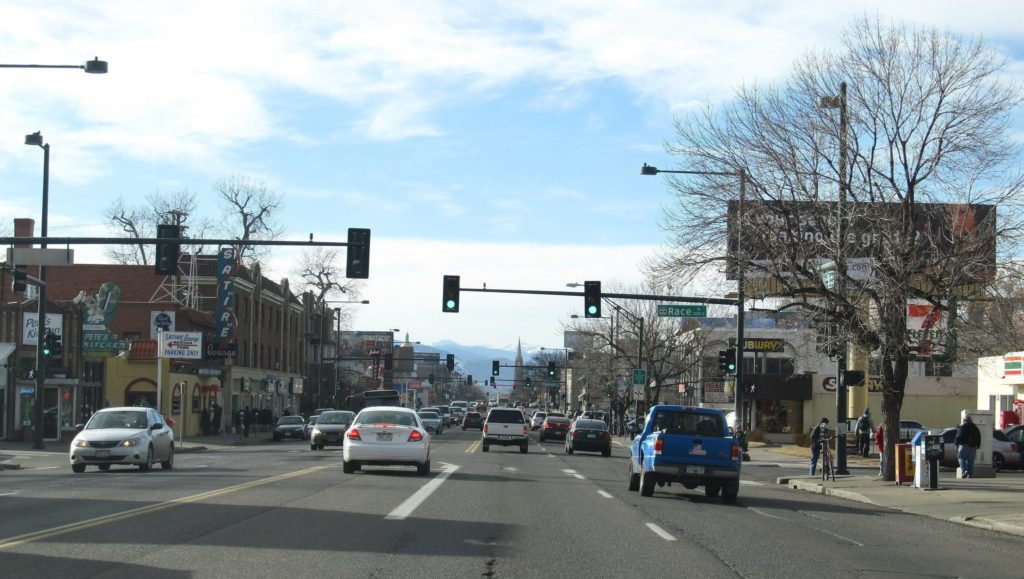
East Colfax
- Connected to Tenant Resources via the East Colfax Housing Group, convened by Enterprise Community Partners (ECP), identified three subgroups focused on housing supply/production resident resources and leadership.
- Galvanized Voices through the East Colfax Power Building Grants & incubated the Community Connector Cohort to better coordinate direct services, including legal and rental assistance and ultimately long-term affordable housing. It evolved to build out the navigator program for longer term change.
- Built Power Through Data working closely with MHC partner Enterprise Community Partners and Colorado Futures Center to support community groups in the early stages of community owned real estate and cultural corridor business preservation strategies.

Our Staff Members

Deyanira "Deya" Zavala
Executive Director, 2019-2022
It’s been a privilege to spend six years with Mile High Connects and witness the changing momentum in our region. Though our formal operations have ended, the impact of our work as seen in our small, but mighty investments, will continue to be felt for years to come. We sought to break down barriers to trust between institutions and communities & embolden communities to take the action when needed.
I stand on the shoulders of the most impressive executive directors and visionary founders whose commitment to equity set the table for collaboration. I am incredibly thankful to each team member that dedicated their time, talent, and treasure to implementing the extraordinary vision laid out by our Steering Committee. To our funders and supporters, I am appreciative of your willingness to bring your whole selves to the table because at the end of the day, that’s how you build authentic trust with the Community. Mile High Connects & its legacy belongs to each of you.

Dace West
Former executive director
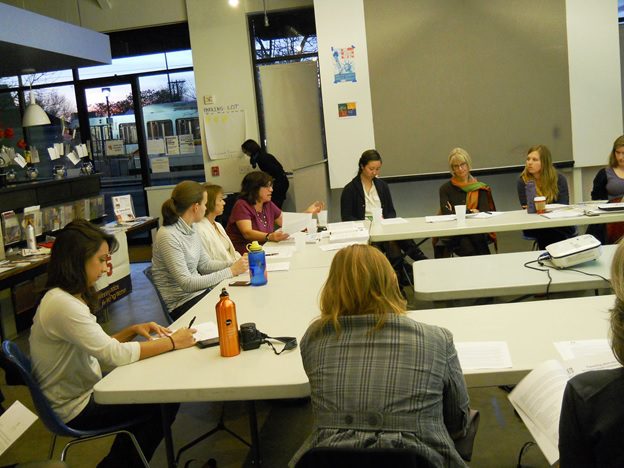
Jeff Su
former executive director

Davian Gagne
FORMER GRANTS & OPERATIONS MANAGER

Margaret "Maggie" Lea
Grants Manager
Director of Programs
(2019-2021)

Angela Davis
FORMER Director of operations

Paul Aldretti
FORMER Director, Policy & Strategic Partnerships
First and Last Mile Priority Area Coordinator

Morgan Turner
Program Officer
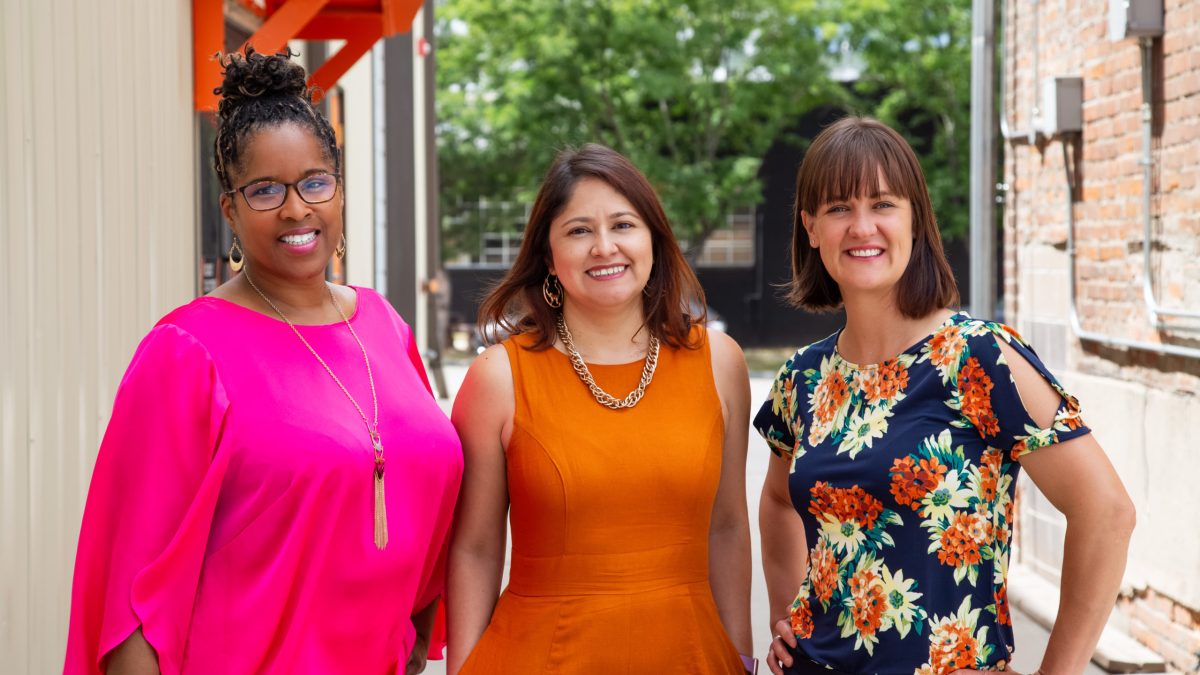
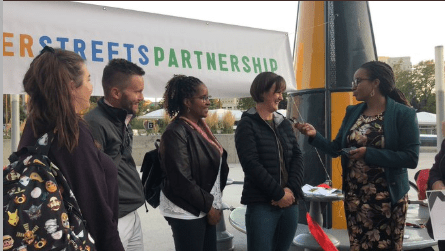


Four Key Lessons Learned: Our Gift to Community
When Mile High Connects sought out to make its impact on the region, our primary goal was to ensure the catalytic $6.7 billion investment in our rapid transit network resulted in opportunities for all. But we did so much more than that. Our impact stretched far beyond the corridors of light rail and bus expansion.
As we looked to the future, we recognized that the work is not done. We offer the following lessons learned as our gift to the community, to those aspiring collaboration leaders, in the hopes that you will draw on our inspiration from what we’ve done and experienced along our journey.
Community Power Drives Change
Our collaborative has always sought to center community needs and amplify its voice through systemic change work, and only until recently have we learned what it takes to do this. Community efforts that bring together diverse organizations and individuals require time and authentic engagement to nurture trust and relationships. While this process can feel slow and meandering to some, it is critical to unlocking power in the community, which is where the solutions exist. Furthermore, as organizations look to bring additional community representation and leadership, the impact of their work includes building community power.
Change Your Mindset, Start with Naming Equity
The neighborhoods MHC committed to working in are not new and “up-and-coming” neighborhoods. They are culturally rich, vibrant, established communities with long-time residents who have worked tirelessly to belong. Our investment in each organization and resident group within these communities serves as a response to inequitable systemic forces that disproportionately impact these residents, to amplify their voices in creating their future, and ultimately give credibility to these community power centers.
This work cannot shy away from naming equity and, with tools from national partners such as SPARCC, we’ve given folks the confidence and language to call out injustice, connect resident experiences with data to tell the story of displacement, and declare equity as the only way forward. There is still much progress to be made when it comes to building mutual respect across entities and people, but already through practice communities have learned and contributed equity perspectives to local and regional efforts.
“Going into this work, I wish initially I would’ve understood that there can be such a gap between city officials rolling out policy and the community that they’re intending to serve. There can be a big gulf there, a gulf in distance, language, trust. And it takes efforts like ours in 2020,”– Renee Martinez-Stone
Transform Traditional Capital
When a home goes on the market or a local business closes its doors, it can have ripple effects in a neighborhood. With community-based organizations and the residents they partner with are eager to bring innovative solutions to acquiring properties, it’s time for philanthropic partners and community development financial institutions (CDFIs) to act. Rethinking traditional approaches to capital will require these partners to work in coalition with community partners to identify new approaches to financing and incorporating the “softer” aspects of development – organizing, policy/advocacy, and long term strategy development. We’ve learned that the opportunity for innovative capital is deeply rooted in collaboration.
Find Meaningful Opportunities for Action
Like any collaboration with diverse partners, MHC had to learn to lean into challenges and conflicts to find the opportunity for action. Through leadership and partner transitions, we gained valuable perspective on the power of having a common connection and vision. Structural changes to how we worked with partners made collaboration easier & prepared us to quickly mobilize in emergencies, while bolstering trust & relationship building. We leaned into having the necessary discussions, with the right people at the table. We embraced a flexible role to meet the needs of the community, and learned that while objectives change over time having a clear common goal allows all partners to realize their role and chance to enable change.
“The nimbleness and lack of rigidity of how MHC interprets its role was helpful in staying within the broad definition of this equity-focused collaborative, but zeroing in on discussions that needed to be had and support that needed to happen to small businesses that were not getting support from other groups,” -Table Partner
Equity Policy solutions, llc

Our Last Stop
When Mile High Connects decided to close its doors, it was in recognition that our founding mission of preserving affordability near transit in the Denver area had been accomplished. Our efforts allowed us to mobilize resources and residents, impact policy, and invest in inspirational community projects, while creating and strengthening collaboration among diverse partners.
MHC’s steering committee used its final resources to invest over $250,000 to support community-based organizations doing work in our legacy neighborhoods: West Denver, East Colfax, Montbello and Southwest Adams County. Each organization that received MHC investments is committed to sharing cross-cutting issues and solutions in mitigating displacement pressures borne out of their work.

Onward
We know that our region’s needs have shifted and a new voice is necessary to follow the emerging momentum around community ownership. To galvanize broader support for grassroots community owned and benefiting real estate & cement our legacy, MHC invested $225,000 in the early planning of a new partnership of three regional/state organizations. These investments, alongside our place-based investments, will encourage learning, building new partnerships, identifying opportunities, and gaining momentum for a focused regional conversation on the issue. The following organizations will be bring their expertise to this regional focus:
- Center for Community Wealth Building:
- Equitable Community Partnerships and Cooperative Development
- Colorado Center on Law and Policy:
- Statewide policy & advocacy
- Neighborhood Development Collaborative:
- Equitable Development Strategy & Policy
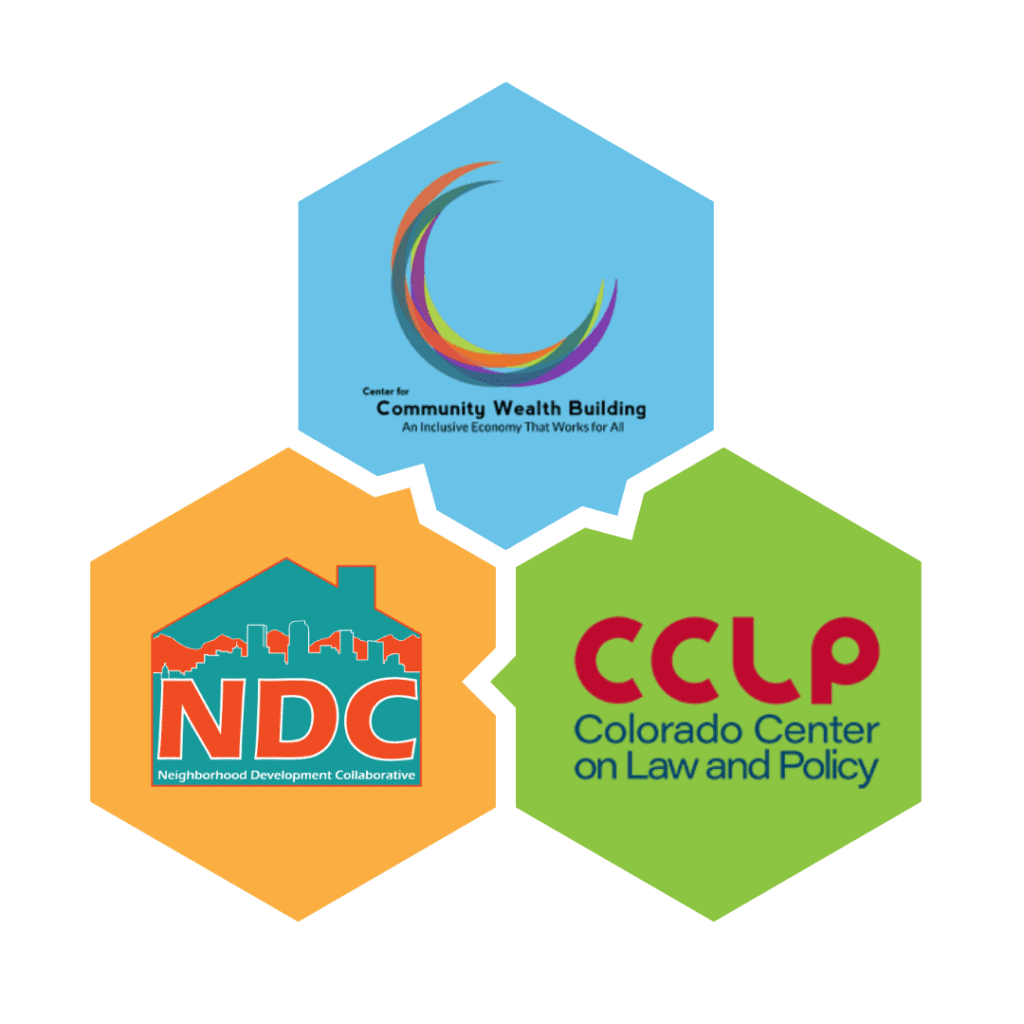

Mile High Connects Last Stop | A Journey of Community Impact 2022






